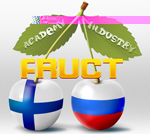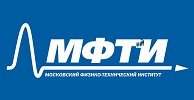David Deutsch
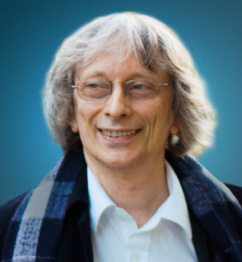
Constructor of the Impossible
June 24, 2013 | 20:00
On June 24 the Knowledge Stream project hosted the well-known British theoretical physicist and originator of the idea for the quantum processor, David Deutsch. He presented his newest big idea: the fundamental “constructor theory,” one which is able to explain everything around us from a position new to physics.
On June 24 as part of its educational project Knowledge Stream the Digital October Center organized a web link with David Deutsch, British theoretical physicist, professor at Oxford University, and author of The Fabric of Reality, best known for his contributions to the development of quantum computing.
For his accomplishments Deutsch was awarded the Dirac Medal and accepted into the British scientific elite: the Royal Society.
Having devoted the largest part of his career to the idea of the quantum computing, in the last few years his work has been more global in scope, although partly based on his past experience in that area.
David, along with a colleague, Chiara Marletto, is developing the “constructor theory,” which is a concept that will become fundamental for the rest of scientific theory and be applicable to chemistry and other natural sciences. As Deutsch himself notes, his group is the only one in the world working in this area.
David describes his work as being, in short, the theory of which physical transformations are possible, which are not, and why, emphasizing that his theory describes states rather than continual development, as that is addressed by the fundamental laws of physics.
During the lecture Deutsch discussed how his theory will help discover new principles so far hidden behind the façade of more well-known laws of physics and physically describe abstract concepts such as knowledge and free will. He also dwelled on the cornerstone possible/impossible dichotomy.
POST-LECTURE DISCUSSION PARTICIPANTS
-
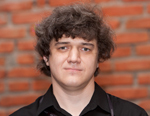
Alexey Akimov
Director of Russian Quantum Center, Ph.D. in Physics, member of European Physics Society
-
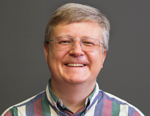
Leonid Fedichkin
Ph.D. in Physics of Semiconductors and Dielectrics, Department of Theoretical Physics at MIPT
-
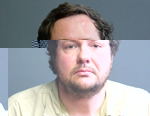
Alexander Ilichevsky
moderator,
writer, poet, MIPT's graduate
-
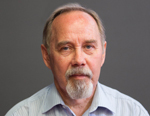
Alexander Kholevo
Professor, Steklov Mathematical Institute, Department of Probability Theory
































